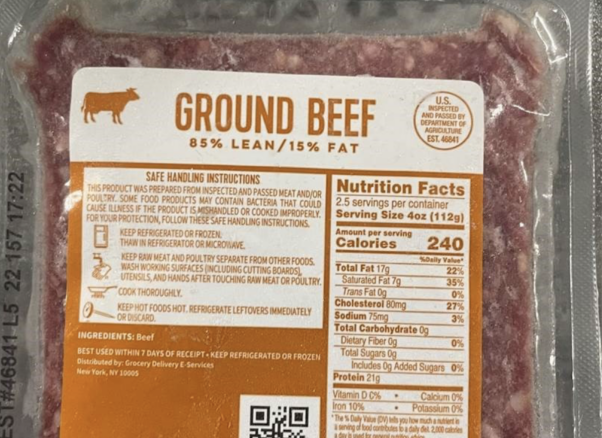THE NEW YORK TIMES – Last week, federal officials announced recalls of ground beef and organic walnuts because they were potentially contaminated with E. coli bacteria that can make people sick.
The recalls involve more than 16,000 pounds of ground beef distributed by Cargill Meat Solutions and sold at Wal-Mart stores in 11 states, as well as organic shelled walnuts sold in bulk in natural food and co-op stores in 19 states.
So far, the recalled walnuts have been associated with 12 illnesses, including seven hospitalizations, in Washington State and California.
No illnesses have been reported from the ground beef recall, although ground beef remains one of the most common sources of illnesses from these bacteria, which are responsible for an estimated 265,000 illnesses annually.
Most of these, however, are not diagnosed or tracked by the Centers for Disease Control and Prevention because people often recover on their own without visiting a doctor, said Matthew Wise, chief of the C.D.C.’s Outbreak Response and Prevention Branch.
Here’s what you need to know about E. coli to stay safe.
Where You’ll Find the Bacteria
There are many different kinds of E. coli, and most of them are harmless to humans, said microbiologist Edward G. Dudley, director of the E. Coli Reference Center at Pennsylvania State University.
Some types do, however, make people sick, he said. Those that most commonly cause illness in humans, known as Shiga toxin-producing E. coli, primarily reside in cow intestines, which is why they often contaminate ground beef.
The E. coli implicated in the ongoing walnut and ground beef recalls are a type of Shiga toxin-producing E. coli.
Because these bacteria eventually work their way out of animal intestines and into feces, they can also contaminate farm soil, which is why E. coli outbreaks are also often tied to produce, Dr. Dudley explained.
They can also contaminate ponds, lakes and rivers …



